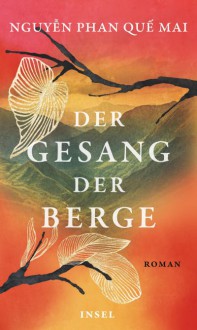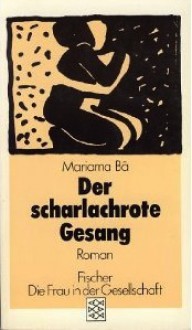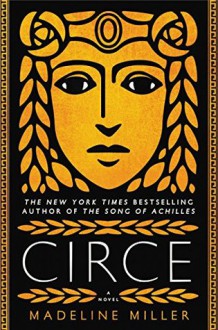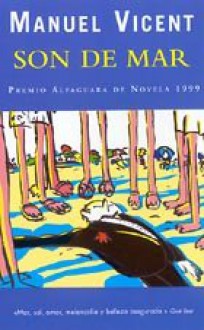
Vietnam in den 1970er-Jahren: Huʾoʾng, liebevoll auch „Guave“ genannt, wächst bei ihrer Großmutter Diêu Lan auf, mitten im Krieg. Der Vater wird vermisst, die Mutter ist auf der Suche nach ihm. An langen Abenden erzählt die Großmutter ihrer Enkelin die Geschichte ihrer Familie, von Flucht und Vertreibung, aber auch von starken Frauen, die dem Schicksal eine lebenswerte Zukunft abtrotzen möchten…
„Der Gesang der Berge“ ist ein Roman von Nguyễn Phan Quế Mai.
Meine Meinung:
Der Roman besteht aus 16 unterschiedlich langen Kapiteln. Die Handlung umfasst die Jahre 1972 bis 2017 und spielt an verschiedenen Schauplätzen. Einheitliche Orts- und Zeitangaben zu Beginn der Kapitel erleichtern die Orientierung. Erzählt wird - mit Zeitsprüngen - in der Ich-Perspektive aus der Sicht von Huʾoʾng. Zudem gibt es eine Geschichte in der Geschichte, nämlich dann, wenn die Großmutter ihre Erlebnisse schildert. Der Aufbau ist etwas komplex, aber funktioniert gut.
Der Schreibstil ist bildstark, atmosphärisch und eindringlich. Es tauchen immer wieder Begriffe und Sätze in der Landessprache auf, die jedoch übersetzt werden.
Im Mittelpunkt stehen mehrere Generationen der Familie Trân. Die vielen fremden Namen sind am Anfang etwas gewöhnungsbedürftig. Allerdings ist vorne im Roman der Stammbaum abgedruckt, was das Verständnis einfacher macht. Huʾoʾng und ihre Großmutter, zwei sympathische Charaktere, nehmen am meisten Raum ein.
Thematisch geht es einerseits um die Geschichte der Familie Trân und andererseits um den Vietnamkrieg. Inhaltlich ist der Roman keine leichte Kost. Kriegerische Auseinandersetzungen, Leid, Tod und Armut spielen eine große Rolle.
Dabei basiert der Roman auf den persönlichen Erlebnissen der Autorin und den Erzählungen ihrer Verwandten, wie unter anderem in der „Danksagung“ zu erfahren ist. Das schafft eine Menge Authentizität und macht die Lektüre umso berührender. Auf mehr als 400 Seiten konnte mich die Geschichte fesseln und auch mehrfach überraschen.
Der deutsche Titel klingt sehr poetisch und ist stark an das englischsprachige Original („The Mountains Sing“) angelehnt. Auch das hübsche Cover, das nicht immer zum manchmal düsteren Inhalt passt, wurde übernommen.
Mein Fazit:
Mit „Der Gesang der Berge“ ist Nguyễn Phan Quế Mai ein sehr bewegender und packender Roman gelungen. Ein eindrucksvolles und aufwühlendes Buch, das ich wärmstens empfehlen kann.

 Log in with Facebook
Log in with Facebook 










